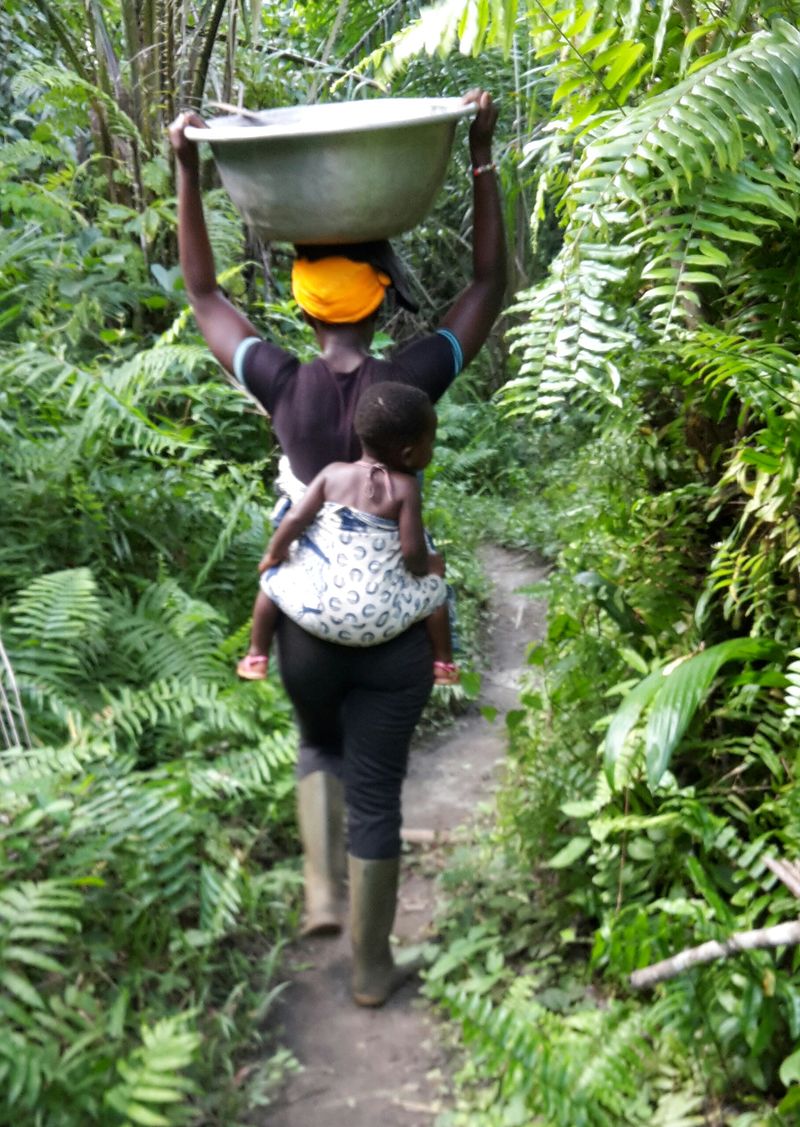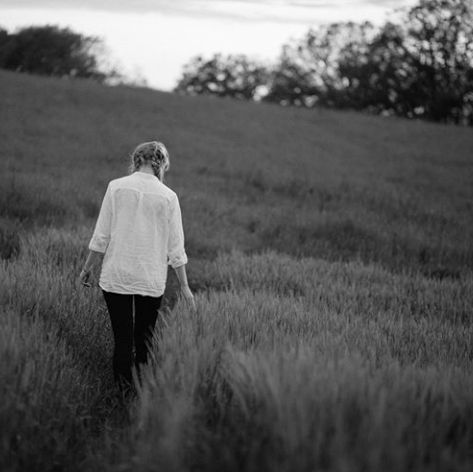Living and Dying
As far as I can tell from my limited experience, Ghanaians are in general very happy. Whenever possible (wherever there is electricity and a radio or speaker) there is loud music played that animates people to dance along. In cities these are also in competition with each other, whoever plays the loudest music, wins.
Also the poorer people in the villages look happy. Some were complaining about crop raids and that no one helps them and that the government forgets about them. But after five minutes they crack a joke on someone and smile or laugh. I think that though their life is really hard they take it as best as they can and try to live every day as happy as possible. What adds to that is that they are polite and friendly to one each other. The villages are communities where people are dependent on each other and they care for everyone, manifested in daily life by mutual greetings, smiles and reassurances of their health.
Still, they are also aware that there are other places where life might be easier. I receive an enormous amount of marriage proposals by men of all ages. One 70 year old man in one village is very determined, he asks me every time he sees me. In Accra I met one who wanted to marry me and come with me to Germany (that’s the reason behind all of them I think). He said he wasn’t crazy, it’s not like we just met, but he had already seen me from back there and decided to ask me. I just thought: Wow, so it’s not just now that we meet but you already liked me for these 200 meters! That’s something else entirely!
The answer to all of these proposals is smiling and laughing and declining and moving on.
What also shows their love of life are their children. They are everywhere. Wherever I am, I hear children. Mostly yelling at each other, at me to get my attention or crying. This is something I had to get used to. I realised that you don’t hear that in Germany as frequently as here. And also in the interviews, every farmer told me of having at least 4 children, if not up to 10. The children seem very happy. They play with each other, elder kids take care of their younger siblings or neighbours and about every second woman you see carries a child on her back, secured with one of the colourful cloths that are also used as dresses, blankets or shower curtains. The women I see are very strong. They take part in the farm work or have a farm of their own, take care of the house, the cooking, the washing and the children. Whenever something has to be carried somewhere, it’s mostly women who carry the things on their heads. I tried it once, when I bought my water in another village around 1.5 km away. It was 15 kg and it was definitely easier to carry it on the head than in front of the body on my arms, but it was still heavy. And they easily carry up to 50 kg on their heads along small paths through the forest.

On saturdays there are usually funerals. This adds to the traffic on weekends, because Ghanaians also like to go to funerals. The name and mostly also a picture of the defunct person is displayed on the side of the road with some slogan like “Called to glory” or “Gone too soon” (though I also saw some with “Goon too soon” which makes it nicer to look at). The colours of mourning are red and black and they are everywhere: house and street as well as clothing of guests.
To conclude this chapter, I want to share some thoughts. They may not be ready for quotation but should just give you an idea.
I was wondering if people are sometimes trying too hard to change things that they think are wrong without looking close enough how the people that are actually involved see them and feel about it. Or in other words, if people from developed countries are not sometimes too confident that their ways and their perception of how things are and how they ought to be are right.


